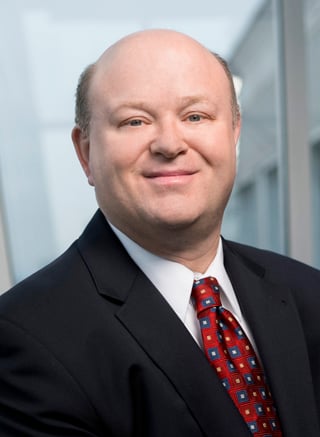Chris Puri Quoted in McKnight’s Long-Term Care News on Federal Court Limiting CMS Power in Nursing Home Staffing Case
McKnight’s Long-Term Care News
Bradley attorney Chris Puri was quoted in McKnight’s Long-Term Care Newson the Supreme Court overturning a nursing home staffing mandate.
Puri agrees it’s a new day on the regulatory front. “You’ve got this interesting world we’re in where administrative law is changing … in some significant ways with three cases at the Supreme Court with the theme being, ‘Listen, we’re not going to let administrative agencies just do whatever they do. We’re going to require Congress to speak clearly with legislation, and if the agency follows the statute, that’s fine. But we’re going to hold them to that pretty closely, [’]” he said.
He said that “everybody” seems to think the staffing rule will be effectively killed within a provision of an upcoming budget reconciliation bill. CMS is likely appealing the recent court rulings merely to keep the rule on the books so that whenever Congress does eliminate it, savings from it can be attributed to the budget package.
Puri explained that an “evolution” is already happening in which providers “use tools to do what the staffing rule was sort of intended to do, and that is figure out what the appropriate staffing is for the acuity of residents you have in the building.”
“We’re at a real inflection point in terms of the use of data and the ability to use data,” said Puri, who emphasized he was expressing views on his own, and not in his capacity as chairman of the American Health Care Association Legal Committee or as outside counsel to the Tennessee Health Care Association.
“What you can do with very basic artificial intelligence tools, particularly around marshalling data and analysis is one aspect and then the other is I think you’re seeing in the provider world that, while the regulatory world is important, you’re also seeing sort of a private regulatory world developing in terms of increasing use of Medicare Advantage in the post-acute sector and those types of things,” he added.
He predicted that outcomes will drive payors’ evaluation of providers more than ever, which will not necessarily replace formal regulation but provide competition for it. In that manner, the decades-long pursuit of trying to find the right staffing levels for varying circumstances will continue, he observed.
In the end, he hopes that officials will pursue the creation of new regulations “with the industry.”
Interplay between government and marketplace silos will become the key no matter which party controls the White House or Congress, he predicted.
In the meantime, expect tighter court scrutiny of federal agency action.
“[The courts are] trying to get back to sort of the civics-class version of how it should work versus, ‘We give a broad mandate to the agency and they just go run it’ kind of thing. They want Congress to do a better job,” Puri explained.
The fate of civil monetary penalties could be one of the next big focal points for change in this new era.
The full article, “Staffing mandate knockout embodies ‘evolution’ to new rule-making era,” was published by McKnight’s Long-Term Care News on June 23, 2025.

